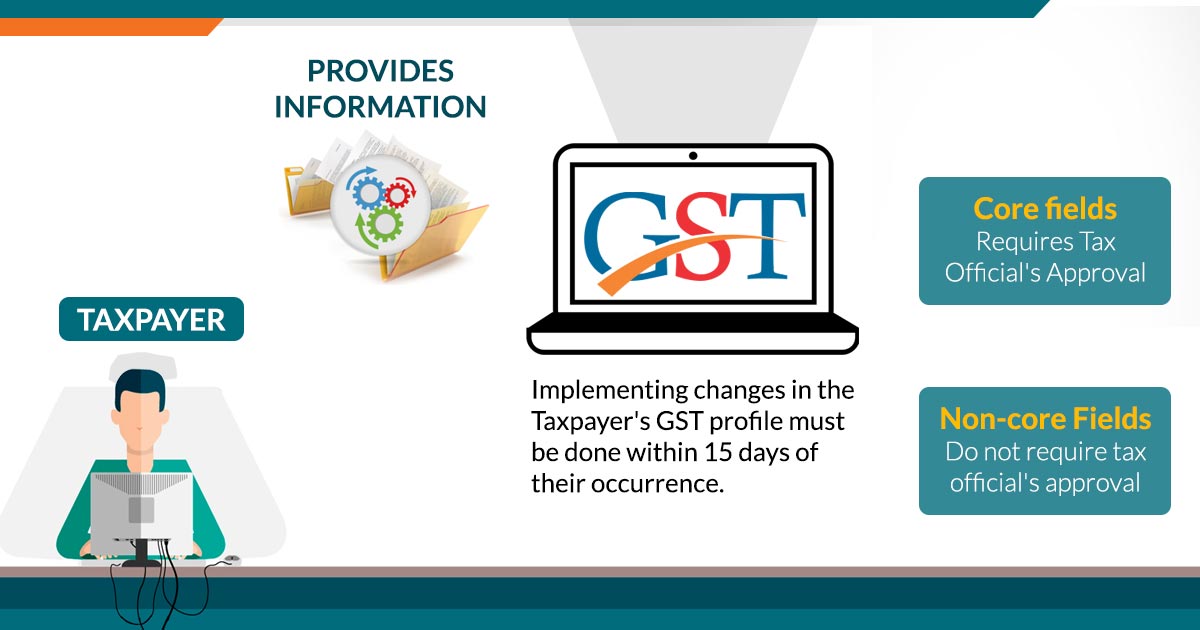Comprehensive Overview to the Best GST Registration Services in Singapore
Wiki Article
From Beginning To End: The Ultimate Roadmap to GST Registration for Companies Seeking Financial Stability
Browsing the complexities of Product and Solutions Tax Obligation (GST) enrollment is an essential action for organizations making every effort for financial security. Breaking down the roadmap right into workable steps can streamline the enrollment trip for businesses looking to boost their monetary standing.Comprehending GST Fundamentals
Digging right into the essential concepts of Product and Services Tax Obligation (GST) is essential for gaining an extensive understanding of its ramifications on services and the economic situation. GST is a value-added tax levied on a lot of items and solutions for residential consumption. It has changed numerous indirect taxes that existed in the pre-GST era, simplifying the tax obligation framework and boosting simplicity of doing company in India. Under the GST system, both services and products are exhausted at a specific rate, which is established based upon their classification. If their annual turn over goes beyond the threshold limit set by the government, companies are required to register for GST. Input Tax Obligation Credit Score (ITC) is a significant attribute of GST, enabling businesses to declare credit rating for tax obligations paid on inputs, lowering the general tax obligation burden. Comprehending the essentials of GST is critical for organizations to comply with tax obligation regulations, handle their funds effectively, and contribute to the nation's financial development by taking part in a clear tax obligation system.Eligibility Criteria for Enrollment
As of the existing laws, the threshold limit for GST enrollment is a yearly aggregate turnover of 40 lakhs for organizations running within a state, except for special classification states where the restriction is 20 lakhs. Additionally, specific services are needed to register for GST regardless of their turnover, such as interstate providers, laid-back taxable individuals, and services liable to pay tax under the reverse cost system. It is essential for services to extensively analyze their turnover and transaction types to identify their GST registration responsibilities precisely.Records Needed for Enrollment
Having met the qualification standards for GST registration, services should currently guarantee they have the requisite records in area to proceed with the registration procedure efficiently. The records required for GST enrollment normally include evidence of business constitution, such as collaboration action, enrollment certification, or consolidation certification for different kinds of services. Additionally, companies need to supply documents developing the principal location of organization, such as a rental contract or electrical power costs.Step-by-Step Registration Refine
Starting the GST enrollment procedure involves a series of organized steps to ensure a certified and seamless enrollment for businesses. The primary step is to visit the GST site and complete the enrollment kind with accurate details of business entity. Following this, the candidate obtains a Momentary Recommendation Number (TRN) which is utilized to return to the application procedure if it's not finished in one go.Following, all required files based on the checklist supplied by the GST portal need to be uploaded. These files usually include evidence of organization registration, address and identity proofs of promoters, financial declarations, and business entity's frying pan card.

Post-Registration Compliance Guidelines

Final Thought
To conclude, organizations looking for financial stability needs to recognize the basics of GST, satisfy eligibility standards, collect necessary files, adhere to the detailed enrollment procedure, and adhere to post-registration guidelines - Best GST registration services in Singapore. By sticking to these actions, businesses can ensure compliance with tax guidelines and preserve economic stability in the futureIn addition, particular organizations are called for to register for GST regardless of their turnover, such as interstate distributors, casual taxable individuals, and organizations accountable to pay tax under the reverse more helpful hints charge device.Having met the eligibility requirements for GST registration, businesses must now ensure they have the requisite papers in place to continue with the enrollment procedure efficiently. The documents needed for GST registration commonly include proof of Click This Link company constitution, such as partnership act, registration certification, or consolidation certificate for various types of organizations. Additionally, services need to supply documents developing the major place of organization, such as a rental contract or electrical power bill.Commencing the GST enrollment process includes a collection of structured steps to ensure a certified and seamless registration for services.
Report this wiki page